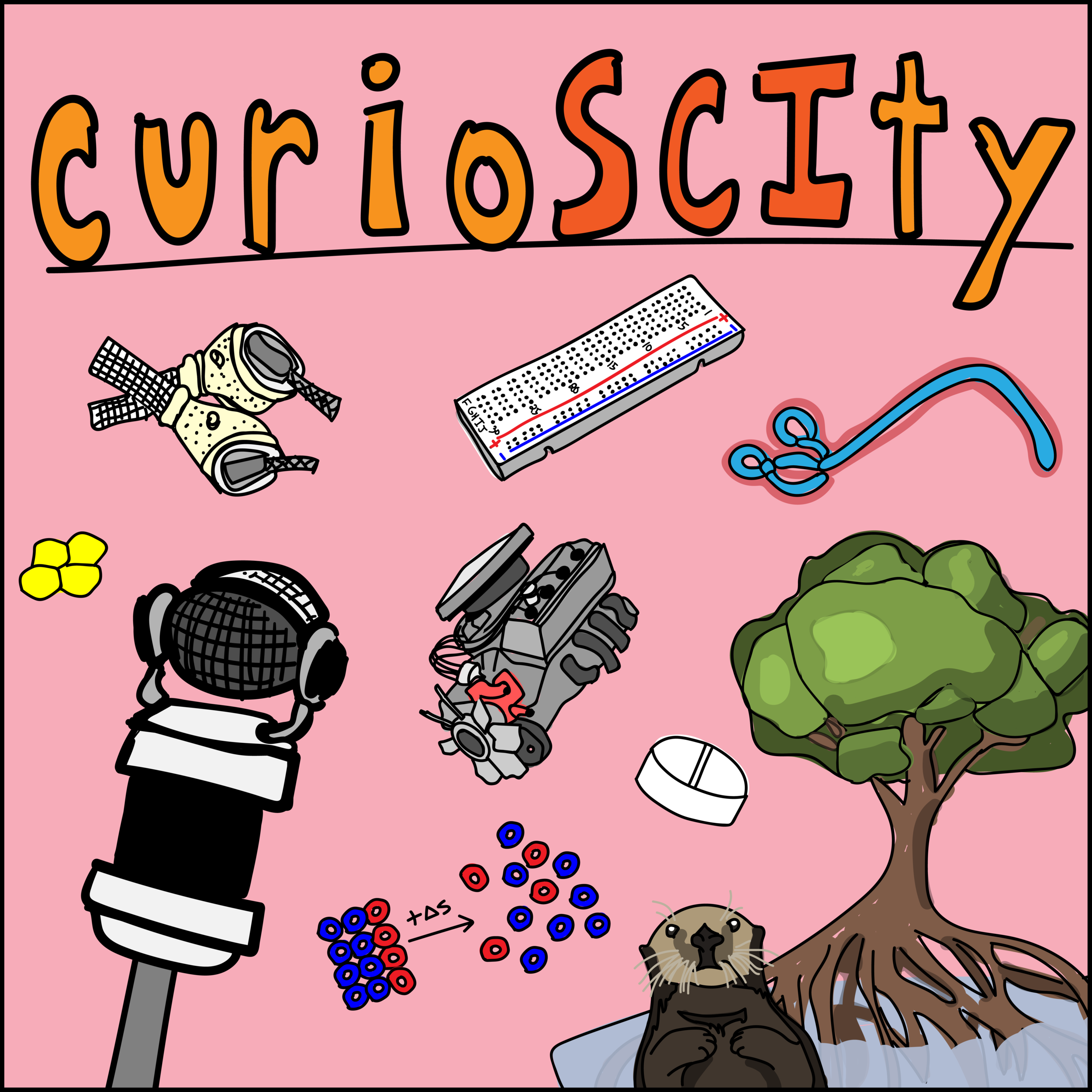86 - The Kidneys (w/ Zachary Billman!)
86. The Kidneys
The kidneys: indispensable for life as animals know it. What are organs? Why do we need them? What are kidneys? How are they different than kidney beans? Let’s learn to be scientifically conversational.
General Learning Concepts
1) What is an organ?
a. Homeostasis: The term was coined in 1930 by the physician Walter Cannon. Homeostasis, from the Greek words for "same" and "steady," refers to any process that living things use to actively maintain fairly stable conditions necessary for survival.
b. Tissue: Related cells joined together; while not identical, they often accomplish similar specific functions.
c. Organs: Recognizable structures that perform a specific function. Often made up of multiple types of tissues.
2) What are the kidneys?
a. General overview: Most humans have two: each about the size of a fist, located below the rib cage on either side of the spine. Bean-shaped. Quite efficient.
b. Nephrons: The so-called “filtering unit”. The filter is called a glomerulus, which works with a tubule to return necessary substances to the blood.
c. Blood filtration: Filters approximately a half a cup of blood each minute; responsible for removing waste and extra water. Helps maintain a healthy balance of water, salts, and minerals.


